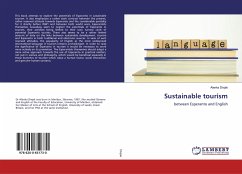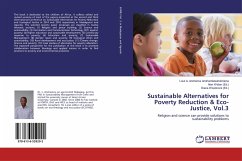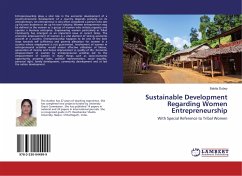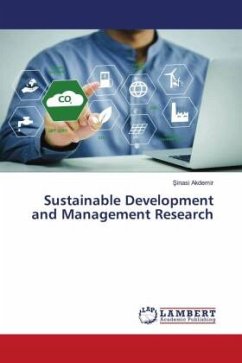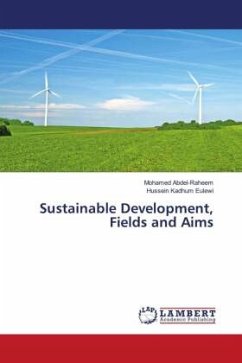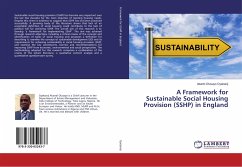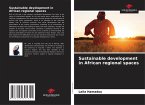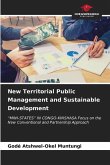This book attemps to explore the potentials of Esperanto in sustainable tourism. It also emphasizes a rather stark contrast between the present, rather reserved attitude towards Esperanto and the considerable partiality for it shortly before WW1 and between both world wars. Esperantists themselves nowadays seem to neglect the potentials of Esperanto in tourism, their activities being limited to their own narrow circle of potential Esperanto tourists. There also seems to be a rather limited amount of data on the links between sustainable development, tourism and Esperanto in both traditional and electronic sources. In view of such reserved attitudes, the popularity of English as the most widespread international language in tourism remains unchallenged. In order to raise the significance of Esperanto in tourism it would be necessary to work more actively on its promotion. The Esperantists themselves should adopt a more active approach towards the use of Esperanto in practical matters, not just in science and philosophy, which would be beneficial especially in those branches of tourism which value a human factor, social interaction and genuine human contacts.

